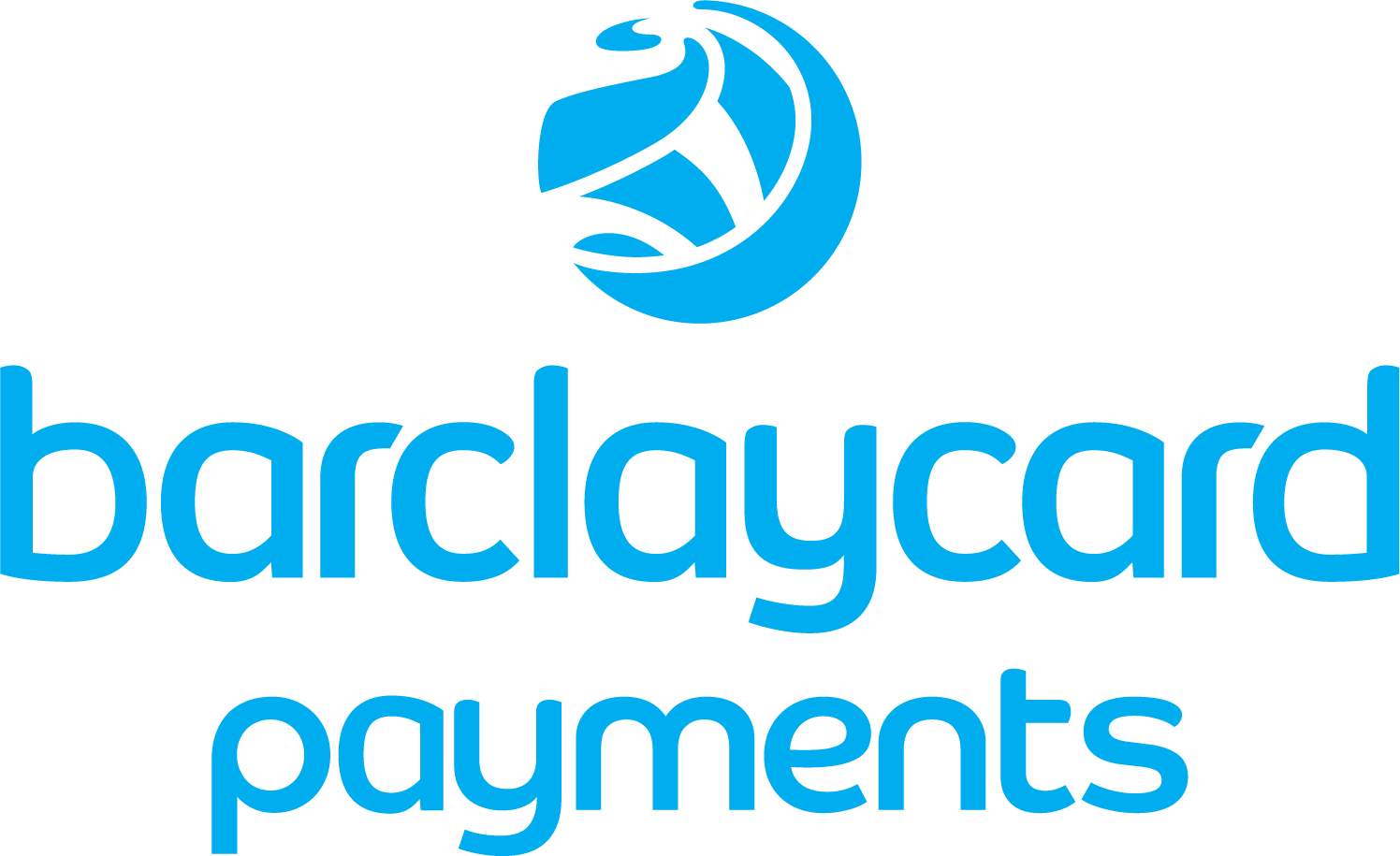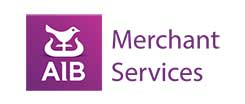- Accept card payments – lowest rates from 0.27%
- Keep your card processing fees to a minimum
- Direct access to the UK’s leading card processing banks
- We ensure your rates always remain competitive
No spam emails or calls
Choose from the payment methods then click Next
What's your turnover each month?
Enter the name of your company
Enter your company's postcode and contact number






Best Merchant Account for Online Business: Your Guide for Small Businesses
In today’s digital-first world, the ability to accept payments online is no longer optional for businesses—it’s a necessity. Whether you run a small e-commerce store, a subscription-based service, or a brick-and-mortar shop with an online presence, having the best merchant account for online business is crucial to your success. A merchant account acts as the bridge between your business and your customers, enabling you to accept payments securely and efficiently. But with so many merchant account providers and payment processing solutions available, how do you choose the right one for your small business?
This comprehensive guide will walk you through everything you need to know about merchant accounts, from how they work to the key factors to consider when selecting a provider. We’ll also explore the benefits of having a merchant account, common challenges, and how to overcome them. By the end of this guide, you’ll be equipped with the knowledge to find the best merchant account for your business and start accepting payments online with confidence.

What is a Merchant Account?
A merchant account is a specialized type of business bank account that allows businesses to accept credit and debit card payments. It serves as an intermediary between your business account and your customer’s bank, facilitating the secure transfer of funds during a transaction. Without a merchant account, your business cannot process card payments, which can severely limit your ability to attract and retain customers.
For small businesses, a merchant account is particularly important because it enables you to start accepting payments from customers in a seamless and secure manner. Whether you need a merchant account for a physical shop or to accept online payments, this service is crucial for modern business operations. Merchant account services are essential in facilitating electronic payment processing and enhancing security.

Definition and Importance for Small Businesses
A merchant account is a specialized type of bank account that allows businesses to accept payments from customers through various payment methods, such as credit and debit cards, online payments, and mobile payments. For small businesses, having a merchant account is not just a convenience—it’s a necessity. It enables you to accept payments from customers seamlessly, whether they prefer to pay online, in-store, or on-the-go.
With a merchant account, small businesses can process transactions efficiently, reducing the risk of fraud and improving cash flow. This is particularly important in today’s fast-paced market, where customers expect quick and secure payment options. By offering multiple payment methods, you can cater to a broader audience, enhancing customer satisfaction and loyalty. In essence, a merchant account is a cornerstone of modern business operations, providing the tools needed to thrive in a competitive landscape.
Why Your Business Needs a Merchant Account
If you’re wondering whether your business needs a merchant account, the answer is almost certainly yes. Most businesses today rely on card payments to meet customer expectations and stay competitive. Here are some key reasons why a merchant account is essential: Choosing the right merchant service can significantly enhance business operations by offering tailored solutions, competitive fees, and additional features.
1. Accept Card Payments
Customers increasingly prefer to pay with credit or debit cards. By having a merchant account and partnering with a reliable merchant service provider, you can accept card payments both in-store and online, ensuring you don’t miss out on sales.
2. Expand Payment Options
A merchant account allows you to accept credit cards, debit cards, and even alternative payment methods like Apple Pay, Google Pay, and local payment methods, catering to a wider range of customers.
3. Improve Cash Flow
Funds from card transactions are typically deposited into your business bank account within a few days, helping you maintain a steady cash flow. Additionally, understanding the impact of a monthly fee on your cash flow is crucial, as it represents a predictable recurring cost that can be managed to align with your business needs.
4. Enhance Credibility
Accepting card payments through a merchant account makes your business appear more professional and trustworthy to customers.
5. Streamline Operations
With a merchant account, you can process payments quickly and efficiently, whether through a card machine, payment gateway, or virtual terminal.
How Does a Merchant Account Work?
Understanding how a merchant account works and the payment process is key to making the most of this service. Here’s a step-by-step breakdown of the process:
- Customer Makes a Purchase: When a customer pays with a card, the payment details are sent to the payment gateway.
- Payment Gateway Sends Data: The payment gateway securely transmits the transaction data to the acquiring bank, which is the financial institution that processes the payment.
- Acquiring Bank Communicates with Card Network: The acquiring bank forwards the transaction details to the relevant card network (e.g., Visa or Mastercard).
- Card Network Contacts Customer’s Bank: The card network checks with the customer’s bank to ensure there are enough funds to complete the transaction.
- Transaction is Approved or Declined: If the customer’s account has sufficient funds, the transaction is approved. If not, it is declined.
- Funds are Transferred: Once approved, the funds are transferred from the customer’s bank to your merchant account, and then to your business bank account.
This entire process happens in a matter of seconds, ensuring a smooth experience for both you and your customers.

Types of Merchant Accounts
There are several types of merchant accounts designed to cater to different business needs and industries. Understanding these options can help you choose the best fit for your business.
1. Online Merchant Accounts
Online merchant accounts are tailored for businesses that operate primarily on the internet. These accounts enable you to accept online payments through your website or mobile app, making them ideal for e-commerce stores and digital services. Typically, an online merchant account requires a payment gateway, a software solution that securely processes online transactions. This setup ensures that your customers can make purchases easily and safely, boosting your online sales and customer trust.
2. Offline Merchant Accounts
Offline merchant accounts are perfect for businesses that operate in physical locations, such as retail stores, restaurants, and service providers. These accounts allow you to accept payments through credit and debit cards, as well as other payment methods like cash and checks. To process these transactions, you’ll need a point-of-sale (POS) system, which combines hardware and software to handle payments efficiently. By offering a variety of payment options, you can enhance the in-store shopping experience and streamline your operations.
3. Mobile Merchant Accounts
Mobile merchant accounts are designed for businesses that need to accept payments on-the-go, such as food trucks, delivery services, and market vendors. These accounts enable you to process payments through mobile devices like smartphones or tablets. A mobile payment processor, a software that securely handles mobile transactions, is typically required. This flexibility allows you to meet your customers wherever they are, providing a convenient and modern payment solution that can boost your sales and customer satisfaction.
In each of these types of merchant accounts, businesses can choose from various payment methods, including credit and debit cards, online payments, and mobile payments. The specific payment methods accepted will depend on the provider and the type of merchant account you select. By understanding the different options available, you can make an informed decision that best suits your business needs.
Choosing the Right Merchant Account Provider
Selecting the right merchant account provider is crucial for your business. With so many options available, it’s important to carefully review your business needs and compare providers based on various factors. Here are some key considerations:
1. Transaction Fees
Different providers charge varying transaction fees, which can include a percentage of each sale and a flat fee per transaction. Be sure to carefully review these costs to ensure they align with your budget.
2. Approval Process
Some merchant account providers have a more streamlined approval process than others. If you need to start accepting payments quickly, look for a provider with a fast underwriting service.
3. Payment Services
Consider whether the provider offers additional services such as recurring payments, virtual terminals, or support for multiple payment methods. These features can enhance your ability to take payments efficiently, especially when integrating online payment solutions.
4. Integration Options
If you operate online, ensure the provider’s payment gateway integrates seamlessly with your e-commerce platform and accounting software.
5. Security
Choose a provider that prioritizes security, offering features like encryption and fraud detection to protect your business and customers, and integrates seamlessly with reliable payment processors.
6. Customer Support
Reliable customer support is essential, especially if you’re new to payment processing. Look for providers that offer 24/7 support and multiple contact channels.
7. Hidden Fees
Be aware of any hidden fees, such as setup fees, termination fees, or monthly service fees. Carefully review the terms and conditions before signing up.
Documents Required to Open a Merchant Account
To open a merchant account, you’ll need to provide certain business registration documents and financial records. The exact requirements may vary depending on the provider, but typically include:
-
Proof of business registration
-
Tax returns
-
Bank statements
-
Identification documents for the business owner(s)
-
Details about your business structure and operations
Having these required documents ready can speed up the approval process and help you accept payments sooner.
Benefits of a Merchant Account for Small Businesses
For small businesses, a merchant account offers numerous advantages:
1. Accept Credit Cards and Debit Cards
By accepting credit and debit card payments, you can cater to a broader consumer base and increase sales.
2. Process Payments Efficiently
A merchant account is a part of merchant services that enables you to take payments quickly, whether through a card machine, online payments, or a virtual terminal.
3. Access to Funds
Funds from card transactions are typically deposited into your account within a few days, helping you manage cash flow effectively.
4. Support for Recurring Payments
If your business operates on a subscription model, a merchant account allows you to set up recurring payments with ease.
5. Enhanced Customer Experience
Offering multiple payment methods, including credit cards and alternative payment methods, improves the overall customer experience.
Common Challenges and How to Overcome Them
While a merchant account is essential, there are some challenges small businesses may face:
1. High Transaction Fees
Some providers charge high transaction fees, which can eat into your profits. To mitigate this, compare providers and negotiate fees where possible.
2. Lengthy Approval Process
The underwriting process for a merchant account can sometimes be time-consuming. To speed things up, ensure you have all the required documents ready and choose a provider with a streamlined approval process.
3. Additional Fees
Be aware of any additional fees, such as setup fees or monthly maintenance fees. Carefully review the terms and conditions before signing up.
4. Security Concerns
Protecting data is paramount. Choose a merchant services provider that offers robust security features to safeguard transactions.
Advanced Features to Look for in a Merchant Account
When selecting a merchant account provider, it’s worth considering advanced features that can further enhance your business operations:
1. Multi-Currency Support
If you plan to sell internationally, look for a provider that supports multiple currencies. This feature allows you to accept payments in different currencies, making it easier to cater to a global audience.
2. Mobile Payments
With the rise of mobile payments, having a provider that supports mobile card readers and mobile payment apps can be a game-changer for businesses on the go.
3. Inventory Management Integration
Some merchant account providers offer integration with inventory management systems, helping you keep track of stock levels and automate reordering processes.
4. Pay-as-You-Go Options
For businesses with fluctuating transaction volumes, a pay-as-you-go pricing model can be more cost-effective than fixed monthly fees.
5. Virtual Terminal
A virtual terminal allows you to manually enter card details for phone or mail orders, providing flexibility for businesses that don’t operate solely online.
The Role of Payment Gateways in Merchant Accounts
A payment gateway is a crucial component of any merchant account, especially for businesses that accept online payments. It acts as the intermediary between your website and the payment processor, ensuring that transactions are securely transmitted and processed.
Key Features of a Payment Gateway:
-
Security: Look for gateways that offer encryption and tokenization to protect sensitive data.
-
Compatibility: Ensure the gateway integrates seamlessly with your e-commerce platform and accounting software.
-
User Experience: A smooth and fast checkout process can reduce cart abandonment rates and improve customer satisfaction.
Comparing Merchant Account Providers
To help you make an informed decision, here’s a comparison of some of the top merchant account providers for small businesses:
|
Provider |
Transaction Fees |
Monthly Fees |
Payment Methods |
Key Features |
|---|---|---|---|---|
|
Provider A |
2.5% + £0.20 |
£20 |
Credit/Debit, Apple Pay |
Multi-currency support, 24/7 support |
|
Provider B |
2.9% + £0.30 |
£15 |
Credit/Debit, Google Pay |
Virtual terminal, recurring payments |
|
Provider C |
1.9% + £0.10 |
£25 |
Credit/Debit, PayPal |
Mobile card reader, inventory management |
A merchant account is a vital tool for businesses looking to accept card payments and grow their operations. Whether you run a physical shop or operate online, having a reliable merchant account provider and payment processor can help you process transactions efficiently, improve cash flow, and enhance the customer experience.
When choosing a merchant bank account and payment processing provider, carefully review your business needs and compare providers based on factors such as fees, payment services, and customer support. By doing so, you can find the best merchant account for your business and start accepting digital payments with confidence.
In today’s competitive landscape, the ability to take card payments is no longer a luxury—it’s a necessity. With the right merchant account, your business can thrive in the digital age, meeting customer expectations and driving growth. So, if you need a merchant account, don’t wait. Start exploring your options today and take the first step toward building a more successful business.
By following this guide, you’ll be well on your way to finding the best merchant account for online business that suits your needs. Whether you’re looking to accept credit cards, debit card payments, or alternative payment methods, the right payment processing solutions can make all the difference for your small business.